Creamy, vibrantly coloured carrot and harissa dip with a happy hum of spice is easy to make and right at home on a plant-based grazing platter.
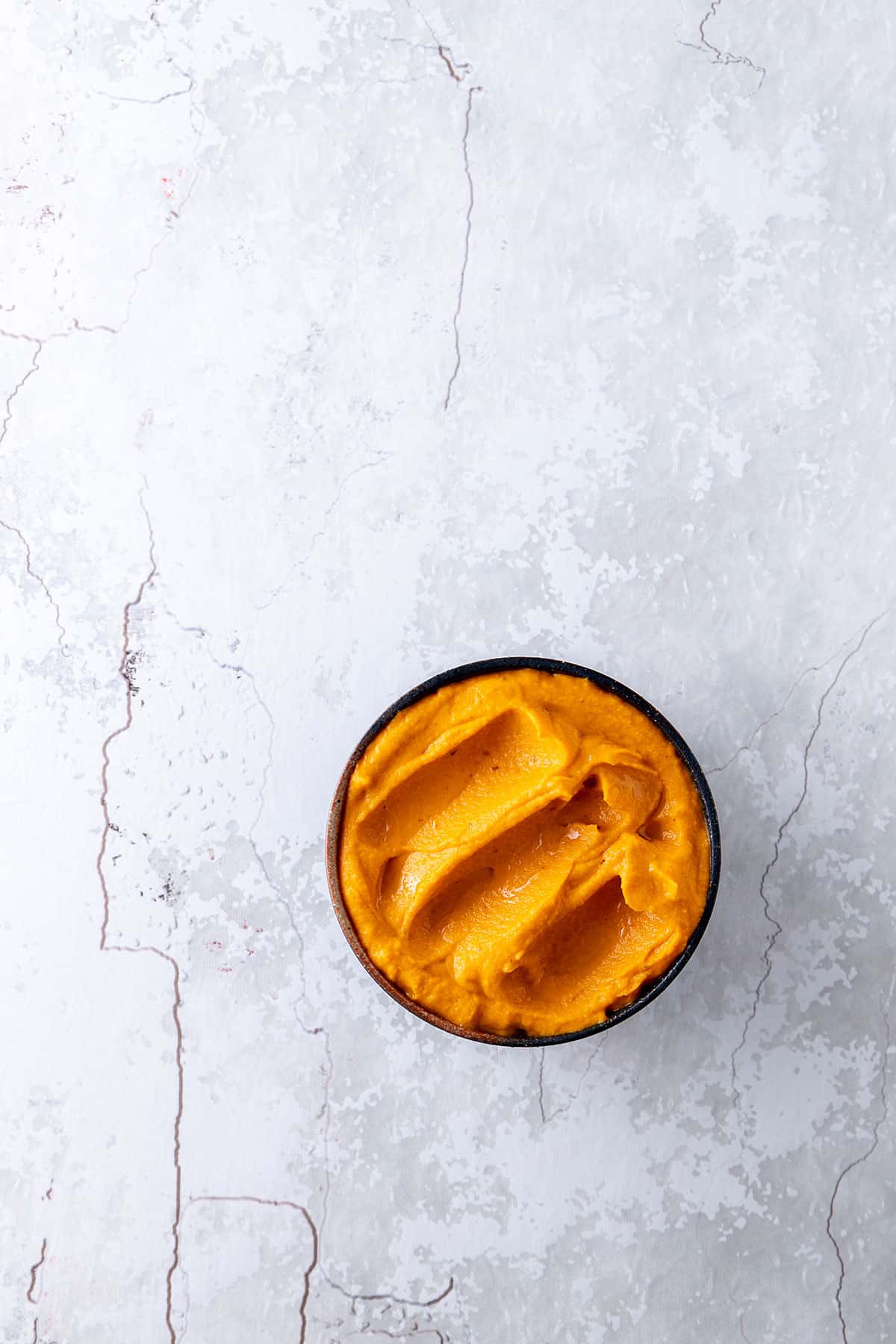
After a long winter, finally spring has arrived here in New Zealand. Cherry blossoms are blooming, birdsong is loud, and sweet new season strawberries are here. Oh happy day.
Sadly we've been in various levels of lockdown for the past two months so our time as safe 'fortress New Zealand' may well be over. There's a level of grief that comes with that. We had normal life for a while there, and thought we might be able to keep it if we just tried hard enough. Alas.
Warmer days, relaxed evenings and casual meals are here though, and I have to say they're definitely helping us feel a little happier.
Keeping with the relaxed vibe, I'm enjoying grazing platters to mix up the dinner routine. Yes, platters are great for entertaining (which is not an option right now), but they're also a great way to put together a bit of this and that to make a nutritious meal with something for everyone.
A creamy plant-based dip
I'm a firm believer that any good platter needs a good dip. Sure, that could be hummus. But given hummus is an everyday staple in my household, we also appreciate dips that are not-hummus. You know, something a bit more special.
This carrot and harissa dip is a real gem. Made by blending roasted carrot, soaked cashews and harissa paste, the result is a mildly sweet, creamy and vibrantly coloured carrot dip with a happy hum of spice.
I used rose harissa bought from my local specialty food store. The spice level of harissa can vary quite a lot from one brand to another, so start with less and taste as you go.
The cashews in this dip can be swapped out for half a cup of coconut yoghurt (and less water) for a nut-free option.
What to put on a plant-based platter?
If you're used to cheese or charcuterie being the central focus of your platters, switching to a vegan platter does call for a bit of a rethink. I like to include:
- a variety of crackers and/or breads
- fresh fruit and vegetables, like grapes, cherry tomatoes, carrot, cucumber, apple and orange
- pickled or fermented bits like olives, gherkins and marinated mushrooms
- pistachios, walnuts, almonds or pumpkin seeds to pick at
- a few nice pestos or dips (yes, sometimes store bought)
- if I have time (or have store bought options in the pantry), extras like dolma.
Arrange everything artfully, add some edible flowers if you have them, and there you have it.
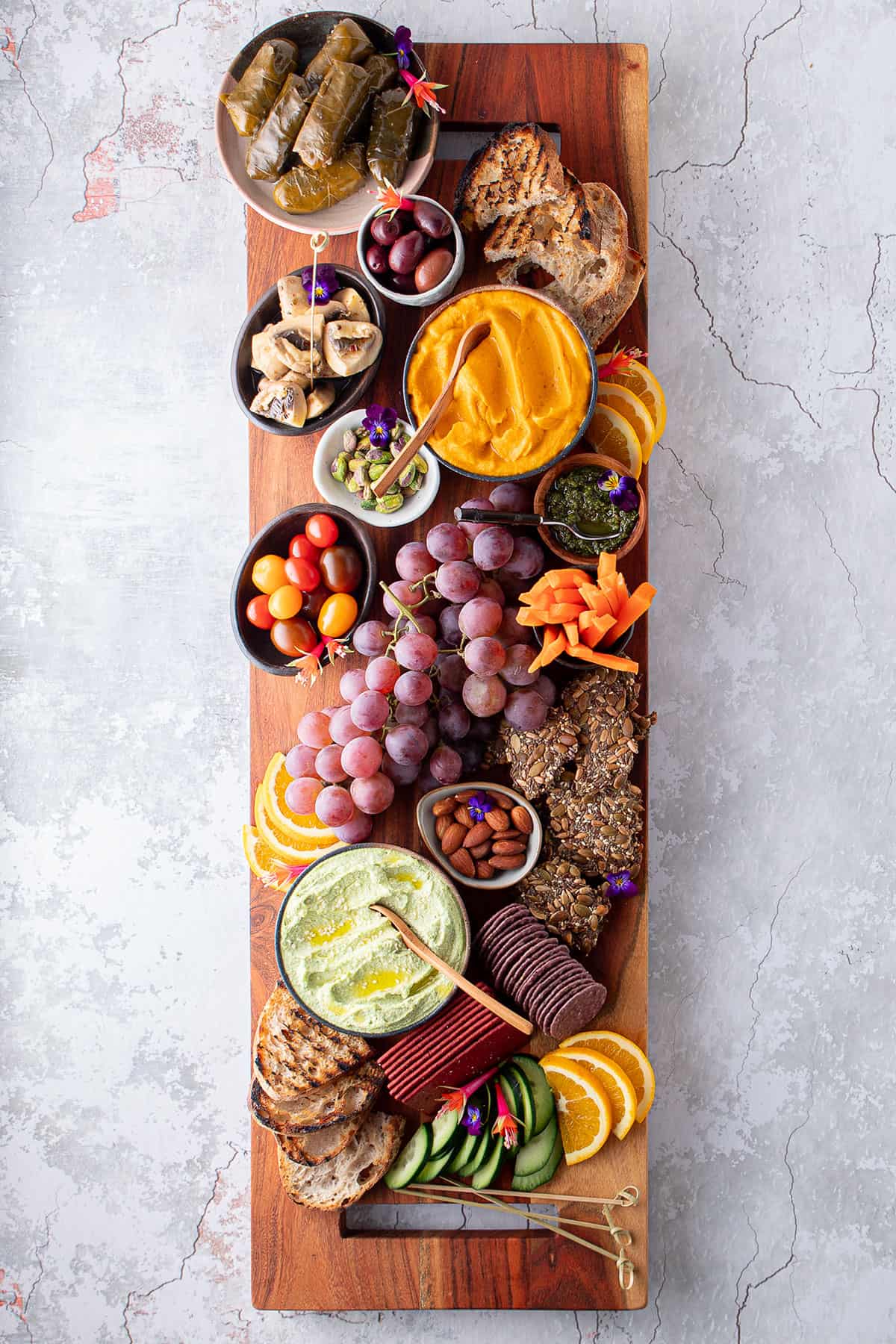
Get the recipe
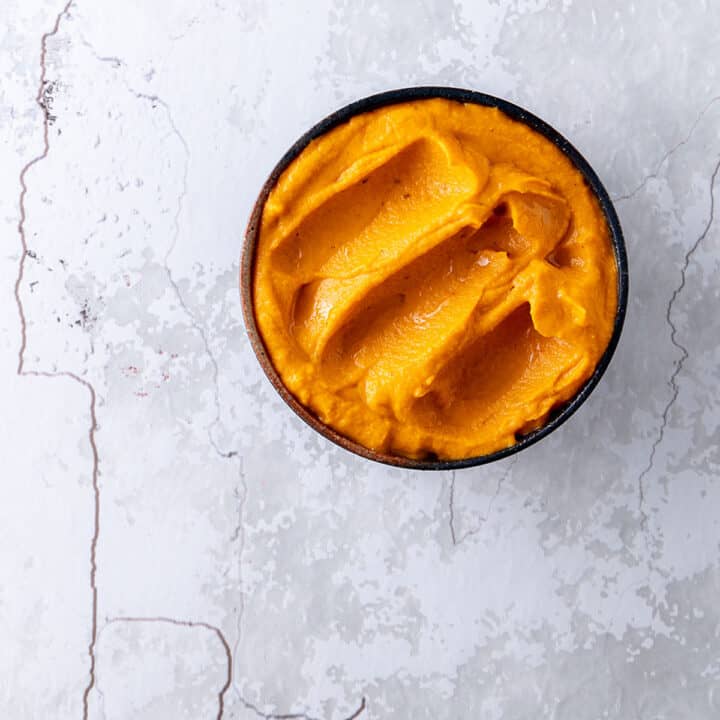
EQUIPMENT
- High speed blender.
INGREDIENTS
- ¼ cup raw cashews soaked (see notes)
- 2-3 carrots (about 300g/10.5oz peeled and chopped into chunks)
- Olive oil
- Salt and pepper
- 1 tablespoon harissa paste
- 1 tablespoon lemon juice
- ½ cup water (approximately)
INSTRUCTIONS
- Preheat oven to 220°C/430°F.
- Toss carrots with a little olive oil, season with salt and pepper and roast for 20-25 mjinutes, until tender and a bit charred around the edges. You can push it a bit here for a smokier flavour.
- Cool, then blend carrots with drained cashews, harissa paste, lemon juice, a pinch of salt, a good grind of black pepper and enough water to create a smooth dip. Taste and adjust seasoning as needed. Drizzle with a little olive oil to serve (optional).
RECIPE NOTES
- Soak raw cashews in cold water for at least four hours (or overnight) to enable them to blend to a perfectly smooth consistency. If you’re short on time soak them in very hot water for half an hour. Drain and rinse before continuing with the recipe.
- For a nut free version, swap out the cashews for half a cup of coconut yoghurt (and a little less water).
- Nutrition information is estimate, based on using approximately 2 teaspoons of oil for roasting the carrots and to drizzle when serving. Portion size is estimated at approximately ¼ cup.
- First published in the Spring 2021 edition of Nourish magazine.


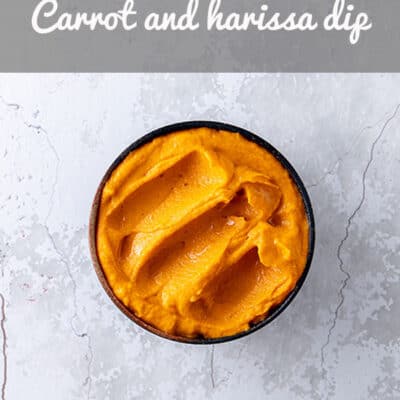
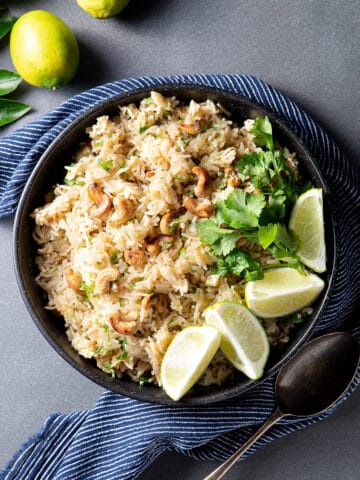
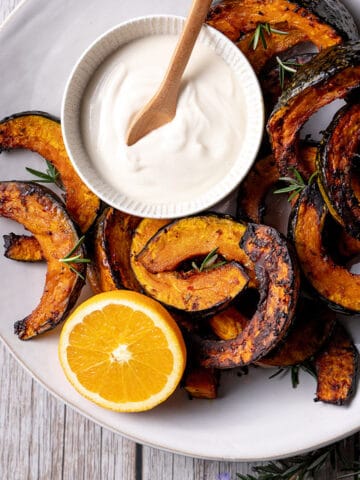
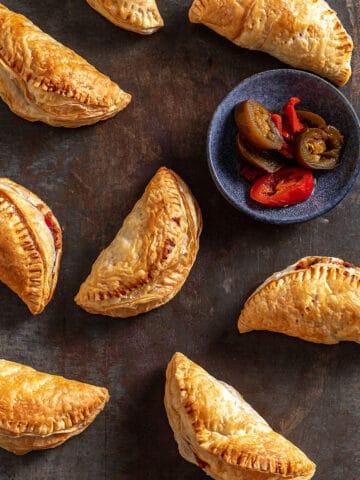
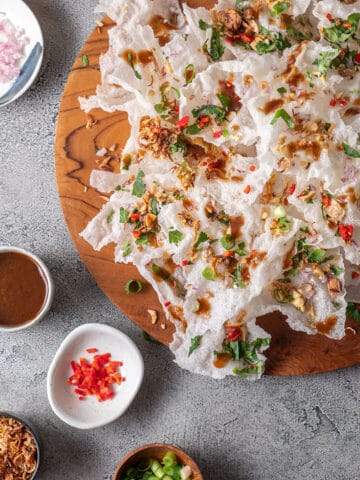
Comments
No Comments